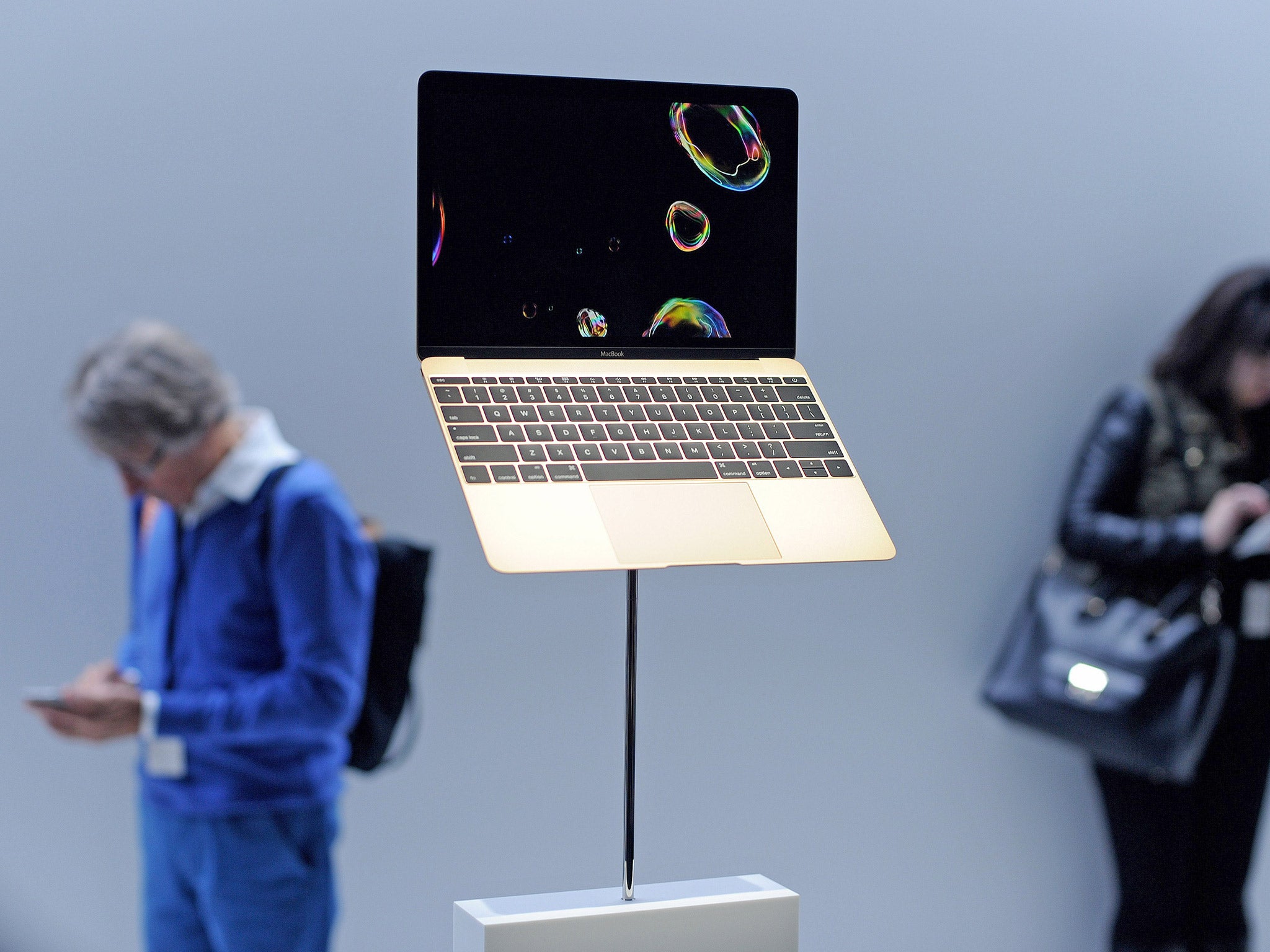Ransomware: Nasty malware aimed at Apple Macs? Cue smug PC-lovers...
When launched, the software waits for a couple of days, encrypts your files and then demands money to give them back

Your support helps us to tell the story
From reproductive rights to climate change to Big Tech, The Independent is on the ground when the story is developing. Whether it's investigating the financials of Elon Musk's pro-Trump PAC or producing our latest documentary, 'The A Word', which shines a light on the American women fighting for reproductive rights, we know how important it is to parse out the facts from the messaging.
At such a critical moment in US history, we need reporters on the ground. Your donation allows us to keep sending journalists to speak to both sides of the story.
The Independent is trusted by Americans across the entire political spectrum. And unlike many other quality news outlets, we choose not to lock Americans out of our reporting and analysis with paywalls. We believe quality journalism should be available to everyone, paid for by those who can afford it.
Your support makes all the difference.In the never-ending, deeply entrenched, slightly pointless argument over whether PCs are better than Macs or vice versa, nothing brings a party atmosphere to the PC camp more than news of a successful malware attack on the supposedly impregnable Mac platform. As Mac users wander towns and cities disconsolately, hugging on street corners, their eyes pricking with tears, PC users let off confetti cannons to celebrate "smug smiles" being wiped off "stupid faces". I'm exaggerating, but you get the picture.
Earlier this week, security experts detected the first fully functioning ransomware to attack Macs, smuggled on to laptops and desktops in a compromised version of a popular application called Transmission. When launched, the software waits for a couple of days, encrypts your files and then demands money to give them back to you. Nasty. And for the users of a platform that prides itself on its invincibility to such things, it's slightly humiliating.
Rather like the arguments over the power and flexibility of PCs versus Macs, it's hotly debated as to whether one operating system is inherently safer than the other. Some say that malware authors have a slightly easier time of it when looking for vulnerabilities in Windows, but the truth is that it's got a lot harder in recent years to install malware on either platform, thanks primarily to the use of digital signatures, and also the introduction of app stores where software comes "sandboxed", restricting its access to parts of the machine that it shouldn't be using.
Macs are, by default, very pernickety about the software they allow you to install – but this particular version of Transmission allowed malware to be installed under the radar. Those digital signatures have now been revoked, and a new version of Transmission has been made available to remove the rogue files, but the trust of Mac users has been shaken.
Companies selling security software have long warned Mac users against complacency, but those warnings are frequently shrugged off – after all, they're essentially a sales pitch for a software solution. But it's been clear for years that the security of Macs can indeed be breached: viruses such as OSX/Pinhead-B, BlackHole RAT and BackDoor.Flashback have all done damage, as have various security holes in software such as Flash and Java. The main factor that reduces the amount of malware affecting Macs as opposed to PCs is simply the number of computers: less than 10 per cent of machines accessing the internet are Macs, and hackers faced with this statistic are unlikely to waste their time and resources trying to attack the smaller platform. They're playing a percentage game, and they need to go after the biggest numbers to get the biggest pay day.
Even though the number of people using Macs has risen significantly in the past 10 to 15 years, the malware risk remains low. But the criminals who write this stuff are clever; they know our weak points, and while PCs remain the juicier target, they know that we're all susceptible to lapses of common sense.
Indeed, you could argue that the misplaced belief among Mac users that their machines are impenetrable computing fortresses makes them a more attractive target for malware designers. Some have said this week that the people who installed this rogue version of Transmission (which is primarily used to download pirated software) deserve what they got. I don't think that's true – but it's certainly incumbent on us to take some personal responsibility for our own security, and never assume that our devices offer 100 per cent protection.
Join our commenting forum
Join thought-provoking conversations, follow other Independent readers and see their replies
Comments